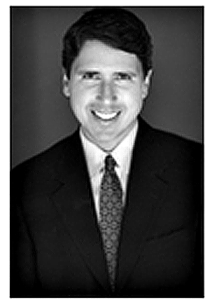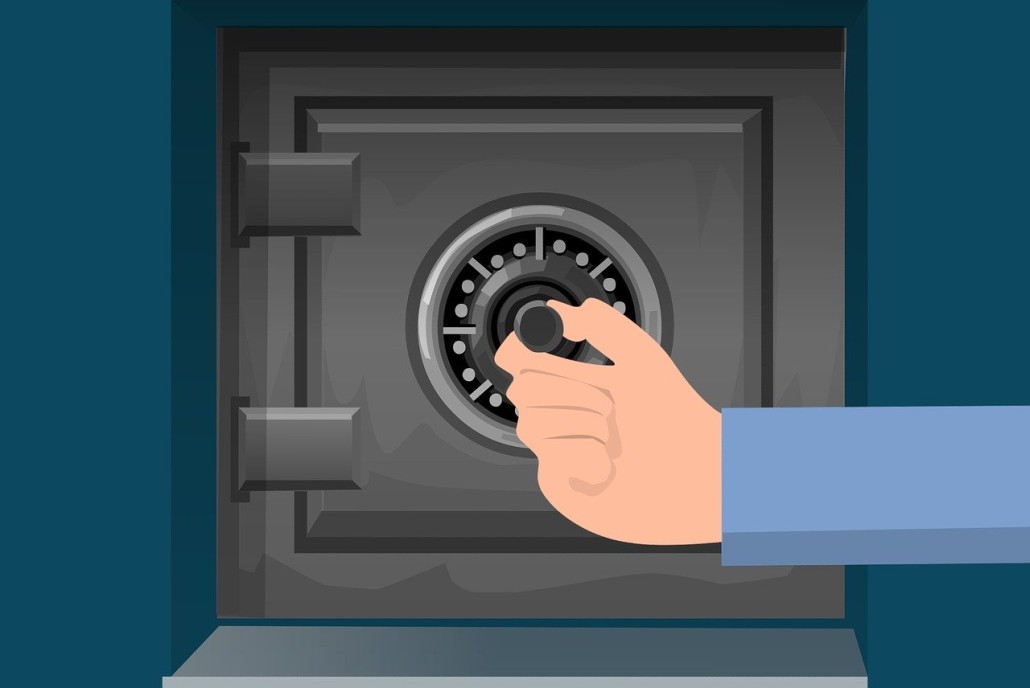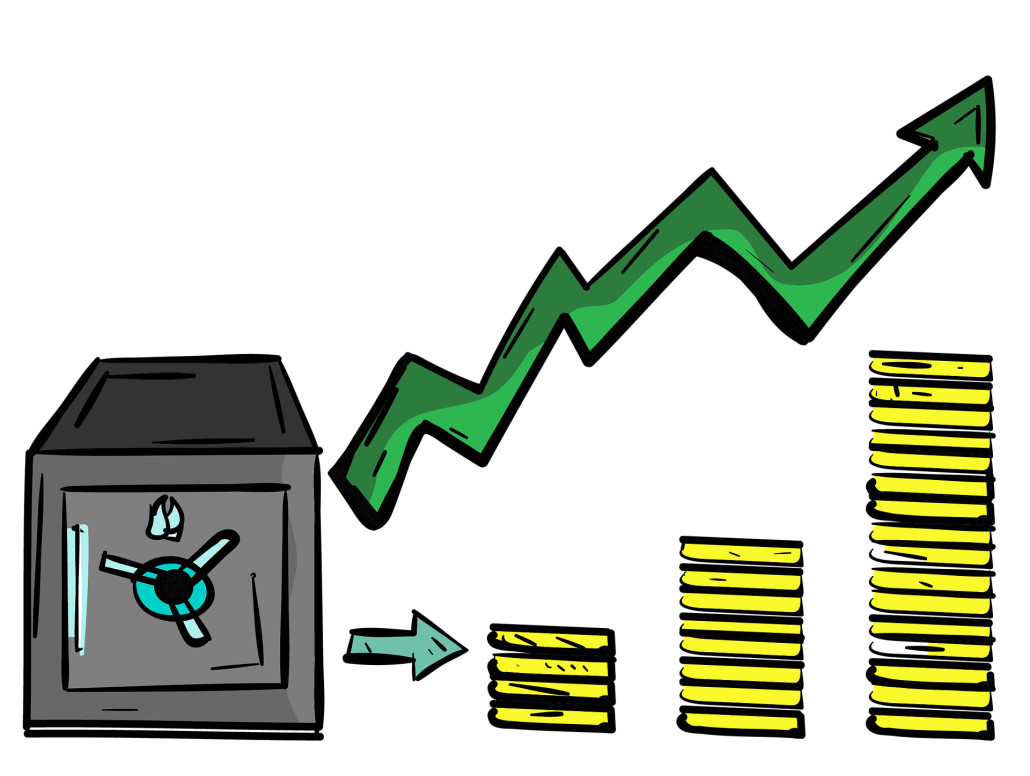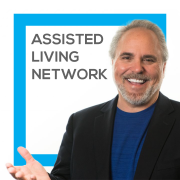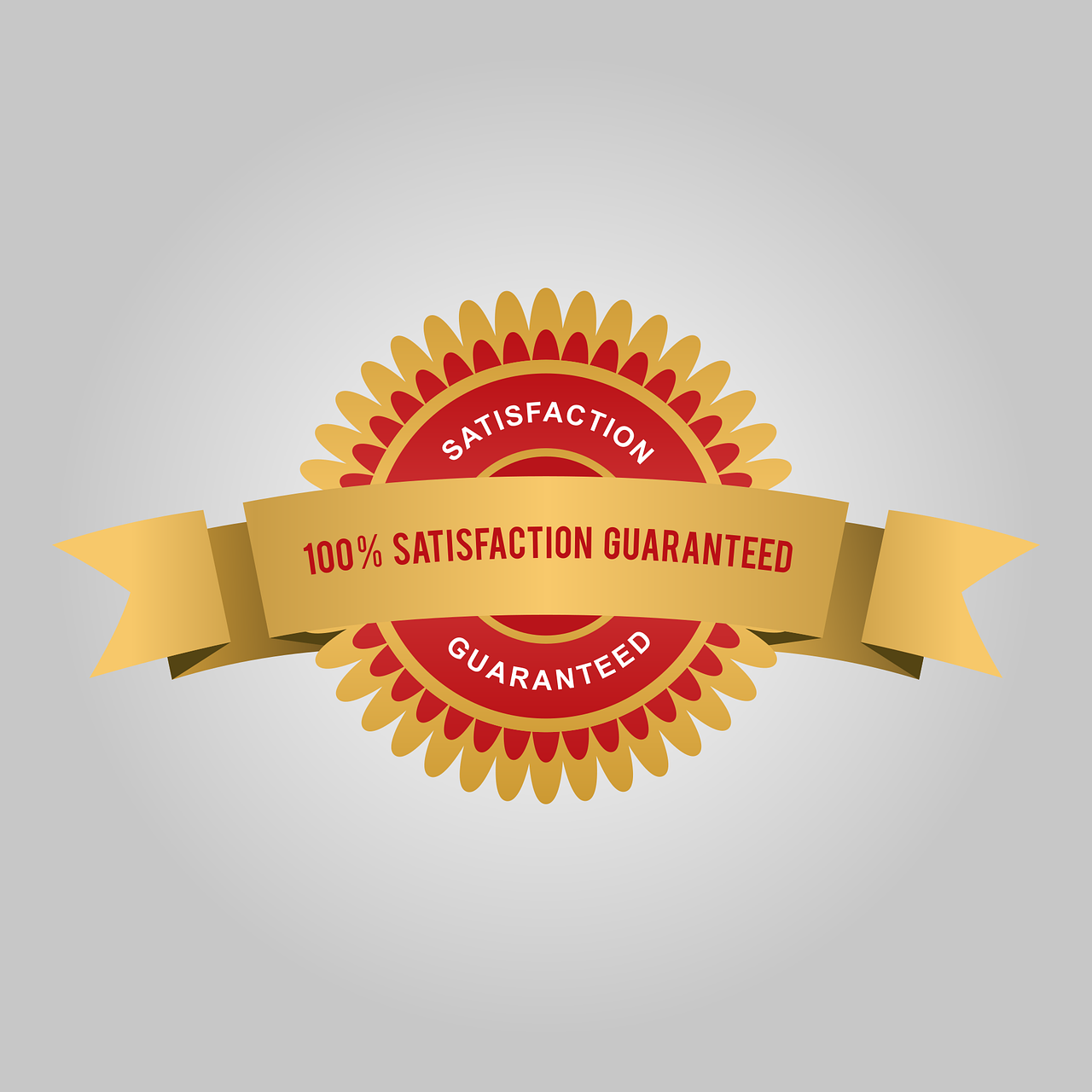By Edward Brown
The Corona Virus had all but shut down conventional lending in late March 2020 and most of April 2020. Although it now appears that many banks have loosened up, they are far behind in applications due to the shelter in place restrictions and lack of certainty in the market.

This situation may provide a boon to the private lending industry as it has done at times over the past 30 years; however, a cautionary tale might ensue should the perceived lockdown last for a few more months. The main reason is that a prolonged economic decline can produce long lasting effects that may take years to recover, especially in certain markets such as restaurants, retail, and any place where people gather. Different economic interruptions have occurred over the past 30 years that, for the private lender, with foresight, fared better than just before the downturn in the market.
In the mid 1980s to the mid 1990s, the Savings and Loan crisis shuttered many real estate lending institutions. Almost one out of three Savings and Loans failed from 1986 to 1995. It was the most significant collapse since the Great Depression. According to author, Kimberly Amadeo, “In the 1970s, stagflation combined low economic growth with high inflation. The Federal Reserve raised interest rates to end double-digit inflation. That caused a recession in 1980.

Stagflation and slow growth devastated S&Ls. Their enabling legislation set caps on the interest rates for deposits and loans. Depositors found higher returns in other banks. At the same time, slow growth and the recession reduced the number of families applying for mortgages. The S&Ls were stuck with a dwindling portfolio of low-interest mortgages as their only income source.
The situation worsened in the 1980s. Money market accounts became popular. They offered higher interest rates on savings without the insurance. When depositors switched, it depleted the banks’ source of funds. S&L banks asked Congress to remove the low-interest rate restrictions. The Carter administration allowed S&Ls to raise interest rates on savings deposits. It also increased the insurance level from $40,000 to $100,000 per depositor.
By 1982, S&Ls were losing $4 billion a year. It was a significant reversal of the industry’s profit of $781 million in 1980.
Between 1982 and 1985, S&L assets increased by 56%. Legislators in California, Texas, and Florida passed laws allowing their S&Ls to invest in speculative real estate.
Amongst scandalous activity such as putting pressure on the Federal Home Loan Banking Board to overlook suspicious activity, the crisis pushed states like Texas into a recession. When bad land investments were auctioned off, real estate prices collapsed.”

In addition to the simple laws of supply and demand where the supply of money available for real estate purchases decreased due to the number of S&Ls closing, other conventional lending institutions became skittish and backed off; even for the more conservative loans.
Enter the private real estate lender. For those who could think outside the box and use some creative thinking, loans were made that, in one person’s opinion “was like shooting fish in a barrel.”
An example of this was a loan I was privy to that, to this day, I cannot believe a conventional lender did not make; the property was in the financial district of San Francisco and was considered a prime office building. The building was 80% occupied and had tremendous positive cash flow from long term, stable tenants. The buyer was getting a severe discount because the son who was given authority by his father accidentally accepted an almost insulting low-ball offer. Although the father tried to correct the mistake, the buyer refused to change the contract and threatened to sue for specific performance.
By all accounts, the buyer needed a loan of 20% LTV. Unfortunately [or fortunately, depending on which side of the table you are], the banks were acting like a deer in headlights and would not commit to a loan; thus, the buyer had to turn to hard money [as it was called in those days]. The terms were 14% and 10 points for a three year loan with a one year minimum guarantee of interest. Although the buyer was not happy with the terms, he knew he was going to make a fortune on the building and be able to refinance once the economy got back to somewhat normal.

Then, in the late 1990s, we experienced the Dot Com bubble and burst. During the 1990s, more people were getting use to the World Wide Web. At the same time, a decline in interest rates increased the availability of capital. Add to that the Taxpayer Relief Act of 1997, which lowered capital gains tax. These combinations made more people willing to make more speculative investments. Many investors wanted to ride the gravy train to invest at any valuation. Venture capital was easy to raise and fueled many companies that never had made a profit and probably never would.
In early 2000, the Fed raised interest rates, leading to stock market volatility. At the same time, Japan entered a recession. In April 2000, a judge ruled that Microsoft was guilty of monopolization and violation of the Sherman Antitrust Act. This led to a 15% decline in the shares of Microsoft. On the same day of the judge’s ruling, Bloomberg News published a widely read article that stated, “It’s time, at last, to pay attention to the numbers.” Within two weeks of that article, the NASDAQ had dropped 25%. Many investors sold stocks just before April 15th in order to pay for gains they had realized from sales in 1999.
This compounded the decline of the NASDAQ. In addition, investor confidence was further eroded by several accounting scandals and the resulting bankruptcies that ensued. This spiral downward turned Dot Dom to Dot Bomb as it was known.

Although the Dot Bomb era was not real estate related, confidence in the economy was shaken. Soon thereafter, the September 11th attacks occurred and many borrowers were once again faced with conventional lenders who pulled back on their lending, not matter the asset or the strength of the borrower.
Again, enter the private real estate lender. During this period, real estate had not severely declined; maybe because the decline was more specific to the Internet rather than a global real estate credit crunch. People still had jobs and made their mortgage payments for the most part. The supply of housing had not kept up with demand, so prices stayed relatively stable. However, whenever there is perceived uncertainty, banks typically pull back and usually to an extreme wherein even the most conservative of loans is not made. The private real estate lender was given the ability to lend very conservatively at the same time as commanding a higher rate of interest than was normally attained in a more stable economy.
The next time the banks curtailed lending occurred during the Great Recession in 2008. This time, real estate was specifically cited as a major contributor due to the credit bubble and subsequent mortgage meltdown. Real estate prices fell precipitously, and although real estate declined in value, there were ample opportunities for private real estate lenders.
Many private lenders were curtailing their guidelines regarding LTVs, but they were making loans based on the then new, lower values and making a good living. For example, Mark Hanf, president of Pacific Private Money, started his business in 2008. Normally, one would have thought starting a lending business in 2008 was the wrong time, but Pacific Private Money flourished, as they made loans to borrowers in need at conservative, newer, LTVs, and no client lost money during the continued decline through 2012 due to conservative underwriting.

Up next, the Corona Virus; although the pandemic has substantially hurt the economy regarding sales/profits, the underlying economic picture was strong prior to the virus, and there is compelling reason to think that it can be strong again after restrictions are lifted, as the various restrictions were created by governments rather than economic forces and can be undone when governments decide to disseminate them; especially if a lockdown is only for a few months rather than years. So far, real estate has not shown signs of collapsing. Sellers are unwilling to unload their properties at depressed prices.
Buyers still exist. Transactions are still being completed even if they are hampered by social distancing and more people working remotely. However, the banks are doing what they always seem to do during unsettling times; they pull back. They have less manpower via closed offices and less employees able to accomplish what is takes to make loans. This, again, gives the private lender the ability to provide the oft needed financing for borrowers. Interest rates have gone up for these borrowers even when the Fed has reduced interest rates. Less capital in the markets to lend means the demand for capital will raise the price for that capital. As long as the conventional lenders have basically stepped aside from real estate lending, the private lender should have the same opportunities that existed during the S&L Crises, the Dot Bomb Crisis, and the Great Recession.
Of course, nobody knows how long the virus will be around and how long governments will intervene rather than let the virus run its course on its own. A long, protracted shutdown would severely affect every economic situation, but it always seems that the best time to invest/lend on real estate is during the darkest hour. The old adage of buy low, sell high seems to work better than buy high and hope it goes higher.
Even if we do not know how long an economic decline lasts, conservative underwriting can help weather tumultuous times.
As many investors claim, the time you make money is when you buy, not when you sell.

Edward Brown
Edward Brown currently hosts two radio shows, The Best of Investing and Sports Econ 101. He is also in the Investor Relations department for Pacific Private Money, a private real estate lending company. Edward has published many articles in various financial magazines as well as been an expert on CNN, in addition to appearing as an expert witness and consultant in cases involving investments and analysis of financial statements and tax returns.
 Did you know that there are 100% LTV (loan-to-value) mortgage loans available to qualifying active or retired military personnel up to $1.5 million dollars for owner-occupied homes as of 2020? Yes, a qualifying VA mortgage applicant has the option to purchase a home priced as high as $1.5 million with no money down. These 100% LTV loans have no additional monthly mortgage insurance payment requirements like required for most other mortgages with a loan-to-value range above 80% of the purchase price or appraised value.
Did you know that there are 100% LTV (loan-to-value) mortgage loans available to qualifying active or retired military personnel up to $1.5 million dollars for owner-occupied homes as of 2020? Yes, a qualifying VA mortgage applicant has the option to purchase a home priced as high as $1.5 million with no money down. These 100% LTV loans have no additional monthly mortgage insurance payment requirements like required for most other mortgages with a loan-to-value range above 80% of the purchase price or appraised value. For existing VA mortgage borrowers under newer 2020 rules, VA borrowers can pull cash out of their property up to 100% of their property value. For example, a homeowner with an existing $250,000 mortgage loan secured by a property valued at $500,000 could apply for a new $500,000 cash-out loan that gets them upwards of $250,000 additional cash-out that they could use to pay off credit cards, student loans, automobile loans, business debts, or use the funds to make new property or stock investments.
For existing VA mortgage borrowers under newer 2020 rules, VA borrowers can pull cash out of their property up to 100% of their property value. For example, a homeowner with an existing $250,000 mortgage loan secured by a property valued at $500,000 could apply for a new $500,000 cash-out loan that gets them upwards of $250,000 additional cash-out that they could use to pay off credit cards, student loans, automobile loans, business debts, or use the funds to make new property or stock investments.

